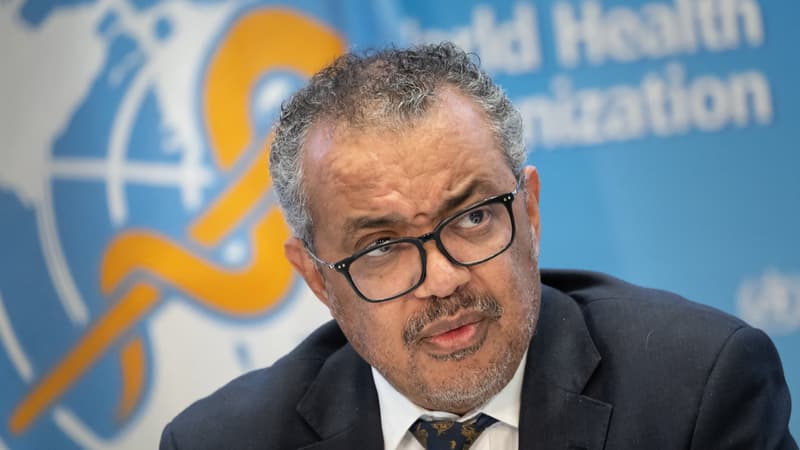The number of deaths caused by Covid-19 has fallen by 95% since the beginning of the year, the World Health Organization (WHO) announced on Wednesday, while warning that the virus continued to circulate.
According to her, the virus is not about to disappear and the countries of the world must learn to manage its consequences outside of emergency situations, such as the effects felt by some people who have contracted the disease in its so-called long version of Covid.
Tedros Adhanom Ghebreyesus, head of the WHO, clarified that one in ten infections results in prolonged Covid, suggesting that hundreds of millions of people could require long-term care.
A “recovery” in several countries
Even so, “we are very encouraged by the continued decline in the number of Covid-related deaths that have been recorded, which have fallen by 95% since the beginning of this year,” he said at a press conference.
“However, several countries are seeing a resurgence and, in the last four weeks, 14,000 people have succumbed to this disease,” he lamented.
According to him, as the appearance of the XBB.1.16 variant demonstrates, “the virus continues to mutate and is still capable of causing new waves of contamination and death.”
The XBB and its dominant subvariants
Maria Van Kerkhove, who leads the fight against covid at the WHO, clarified that the XBB variant and its sub-variants now dominate worldwide.
They are able to evade immune protection, which means that people who have been vaccinated or already infected are likely to get the disease again.
He advocated for increased surveillance through testing, to monitor the virus and understand its various mutations. Knowledge that, according to her, should allow refining the composition of the vaccines and deciding the actions to be taken.
The head of the WHO reiterated that his organization maintains the hope of declaring the end of the global health emergency linked to Covid-19. The next quarterly WHO meeting on the subject is scheduled for May.
Source: BFM TV


